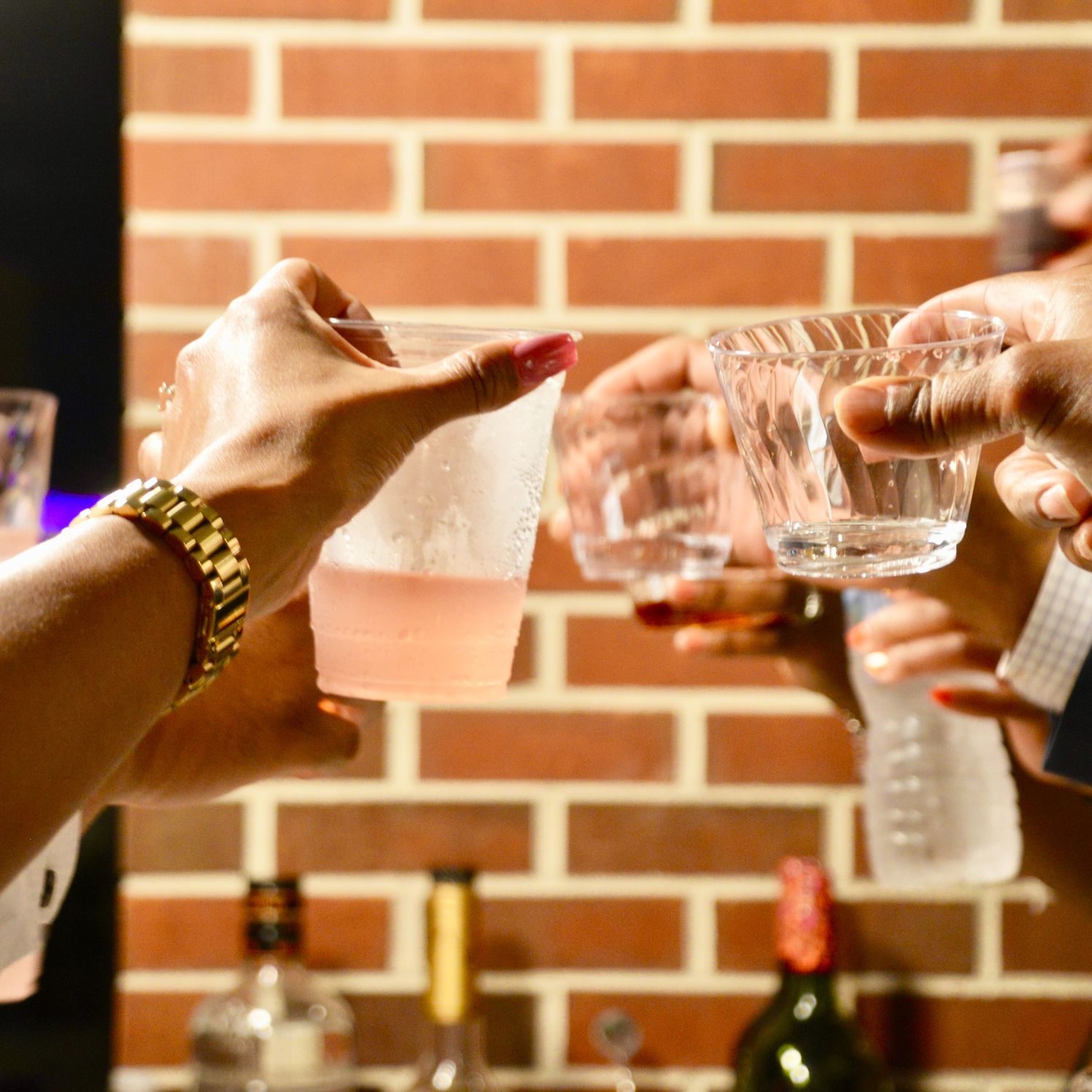Why ‘dry January’ comes with risks
Dry January is an annual challenge in the UK where participants go ‘alcohol-free’ for one-month. It is a public health campaign which urges people to abstain from alcohol.
The campaign promotes many benefits of going ‘alcohol-free’. Alcohol Change UK claim that 86% of participants save money. They also claim that 70% of participants have better sleep and 60% have more energy.
As thousands of people get involved in the challenge each year to better their health and/or finances it is important to understand that it can pose a very dangerous risk that could potentially kill those who are drink dependant.
The campaign does state warning signs about taking part in the challenge if you are alcohol dependant and the symptoms which may occur if you suddenly stop consuming alcohol. However, you might only find this information if you were looking for it. Most people have heard of ‘dry January’ before and know what it means. Consequently, they might start the challenge before reading into it and finding out vital information.
If you are considering taking part in dry January it is important to know what will happen to your body. It is also important to understand your own alcohol intake and whether it is safe to take part in the challenge or if you might need support from medical professionals to reduce or stop drinking.
Dry January can have many health benefits for a lot of people. The heavy drinker can experience dramatic changes in their bodies which make them feel more energised along with other health benefits including reduced risk of developing certain cancers as well as reducing high blood pressure.
However, it is important to recognise the difference between someone who may have a few drinks and someone who depends on alcohol.
In England there are an estimated 602,391 dependent drinkers.
Someone who depends on alcohol will not be able to go without it. It will be taking priority over other daily tasks. It may be affecting an individual’s relationships with partners, children or colleagues. The person is ultimately putting alcohol before anything else.
Another sign of someone who may be an alcoholic is if they become ill or suffer from certain symptoms if they leave it too long before having a drink or when they try to stop drinking.
In this case it is not healthy or beneficial to withdraw from alcohol alone. It is vital that there are medical professionals to help you or a loved one through the process.

What a lot of people don’t know is that there are serious dangers withdrawing from alcohol if you are drink dependant. These can even include death.
Alcohol is a depressant of the central nervous system (CNS). This means it has a slowing effect on the brain.
With continued exposure, the body adapts to alcohol’s depressant effect. When you reduce or stop drinking alcohol, the CNS becomes overexcited. This can lead to the symptoms of withdrawal.
If you are drink dependant or you stop drinking alcohol and experience any of these symptoms you shouldn’t withdraw from alcohol suddenly and the best thing to do is to contact healthcare professionals to help you withdraw in a safe way.
Potential risk symptoms;
- seizures (fits)
- hand tremors (‘the shakes’)
- sweating
- seeing things that are not actually real (visual hallucinations)
- depression
- anxiety
- difficulty sleeping (insomnia)
The most common misconceptions that people make about alcohol withdrawals is that it can only be a good thing. Many people take the view that the only thing that will happen by not consuming alcohol is that your body will get healthier and it can only give positive results.
This is not the case at all. For many withdrawing from alcohol can be a good thing and it can have many important health benefits. However, for someone who may be an alcoholic the potential risk for something life threatening to happen is extremely high.
The shock to the body for people who are drink dependant can have a negative effect on them rather than a positive one. The best way for someone to withdraw from alcohol who may be suffering is to get help and support from medical professionals to abstain from alcohol in a safe environment.
When looking to help a loved one into rehab you may be told to give your partner a drink before they come in. This may seem odd as you are trying to abstain them from the alcohol but it is safer to let the medical professionals start the detox treatment and for the individuals body to continue to behave as normal to reduce dangerous risks.

On average an alcohol detox can vary from seven to 14 days to safely remove the alcohol from your system. A detox is a medically supervised way of coming off a certain drug or alcohol in a safe way.
When you go through a detox it is not treating the mental condition of addiction. It is just removing the substance in a safe way from your body.
Supervised alcohol withdrawal is safest. Mild to moderate alcohol withdrawal can be done in an outpatient setting, often requiring daily check-ins. Individuals with more serious symptoms should be treated in an inpatient setting, where their condition can be more closely monitored.
Having 24/7 help and support when detoxing from alcohol reduces the risks of extreme symptoms. It offers the individual the best chance of successfully detoxing.
Many people don’t realise how serious withdrawing from alcohol is. It is very dangerous, more so than drug detoxing. It can be life-threatening if you try to detox from alcohol alone.
Some people may believe that they are doing well with their detox's at first but the risk of having a seize from alcohol withdrawals can be up to 10 days after stopping. The uncertainty if you are drink dependant isn't worth the risk.
It is important if you are considering an alcohol detox that you get help from a facility that will offer you the right tools and support for you to detox safely.
If you or someone you know is struggling with alcohol addiction then please do not hesitate to contact us. Our friendly team of specialists are here to answer any questions you may have and help you get the treatment that is right for you.
For links to the Dry January campaign see below.
